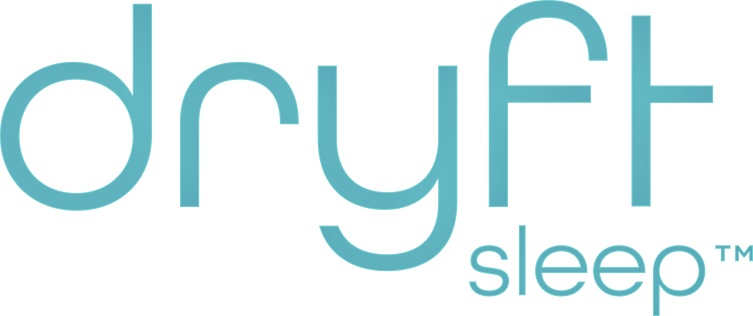The Ultimate Guide to Sleep Hygiene: Tips and Tools to Enhance Your Sleep Quality

Did you ever get a full night's sleep but still woke up feeling tired and groggy? The reason behind this common phenomenon isn't necessarily the number of hours you sleep. It's the quality of your sleep. This quality is influenced by what experts refer to as 'sleep hygiene'.
The term 'sleep hygiene' might sound somewhat fancy, but it's pretty straightforward. Sleep hygiene embodies the different practices and habits that are vital for a good night's sleep and full daytime alertness Sleep Hygiene | Sleep Foundation. Just as personal hygiene is essential for good health and well-being, sleep hygiene is vital for good quality sleep.
Why is Sleep Hygiene Important?
The importance of sleep hygiene is often overlooked. However, it plays a pivotal role in our lives. Good sleep hygiene enhances the quality of our sleep, which in turn affects every aspect of our lives—physical health, mental health, productivity, and our overall mood. Research has shown that poor sleep quality can lead to issues like a weakened immune system, weight gain, and even diseases like diabetes and heart disease The Impact of Sleep Deprivation on Your Body.
Common Sleep Hygiene Myths
Even though the concept of sleep hygiene has gained popularity in recent years, several misconceptions circulate about it. Many believe it's perfectly healthy to compensate for the lack of sleep during the week by sleeping in over the weekend. However, this approach disrupts your regular sleep schedule, known as your circadian rhythm, which can negatively impact your sleep quality.
Components of Good Sleep Hygiene
Good sleep hygiene isn't about a single practice or habit. Instead, it's a combination of various components that work together to give you the best quality sleep.
Consistent Sleep Schedule
Our bodies function on a 24-hour clock, known as our circadian rhythm, and this rhythm plays a crucial role in determining when we feel sleepy and when we feel alert. That's why maintaining a consistent sleep schedule, where you go to bed and wake up at the same time daily, can greatly enhance sleep quality Circadian Rhythms | National Institute of General Medical Sciences.
Creating a Sleep-friendly Environment
Crafting the perfect environment for sleep is another significant component of sleep hygiene. An ideal sleep environment should be dark, cool, quiet, and comfortable. Various factors contribute to a sleep-friendly environment, including using the right pillows and mattresses, minimizing noise, and even using lip tape.
Role of Lip Tape in Enhancing Sleep Quality
You may find it surprising, but yes, lip tape! A sleep aid known as lip tape can significantly improve your breathing during sleep, thereby enhancing sleep quality. Lip tape, when applied properly, encourages nose breathing and reduces the chances of snoring and dry mouth. A product such as Dryft Sleep Strips, available at Dryft's website, is an excellent choice for promoting nasal breathing and reducing sleep disruptions.
Tips to Improve Your Sleep Hygiene
Improving your sleep hygiene may seem like a daunting task, but it's actually pretty simple if you follow these tips.
Incorporating Physical Activity
Exercise has innumerable benefits, and one of them is improved sleep quality. Regular physical activity, particularly aerobic exercises, can help you fall asleep faster, get deeper sleep, and wake up feeling refreshed Exercise for Sleep | Johns Hopkins Medicine. Just remember not to exercise too close to bedtime as it could interfere with your sleep.
Balanced Diet and Hydration
What we eat and drink, and when we eat and drink it, can significantly impact our sleep. Consuming a balanced diet with the right proportions of proteins, carbohydrates, and fats, and ensuring adequate hydration can enhance your sleep quality Diet, exercise, and sleep | Sleep Foundation. But be careful with caffeine and alcohol, as they can disrupt your sleep.
Reducing Screen Time Before Bed
It's tempting to wind down by watching a movie or scrolling through social media, but the light emitted by our electronic devices can severely disrupt our sleep-wake cycle. By reducing screen time before bed, you can ensure that your body's natural sleep-inducing hormones are functioning optimally.
The Role of Relaxation Techniques
Relaxation techniques such as meditation, deep breathing, and yoga have proven effective in not only reducing stress but also improving sleep quality Relaxation Techniques for Better Sleep | Harvard Medical School . These practices can help you relax your mind and prepare your body for a restful night's sleep.
Sleep Tools That Can Help
In the modern world, we have several tools at our disposal to aid in improving sleep quality.
The Value of White Noise Machines
White noise machines emit a constant soothing sound that can mask other potentially disruptive noises. This consistent background sound can help you fall asleep faster and ensure a deeper, undisturbed sleep White Noise and Sleep | Sleep Foundation.
Utilizing Mouth Tape for Better Sleep
As mentioned earlier, mouth tape like Dryft Sleep Strips is an effective sleep aid. By promoting nasal breathing, reducing snoring, and preventing dry mouth, it can significantly enhance your sleep quality.
The Impact of Poor Sleep Hygiene
The effects of poor sleep hygiene are not restricted to feeling tired. It can have substantial impacts on your overall health.
On Physical Health
Poor sleep hygiene can lead to a weakened immune system, which makes you more susceptible to common illnesses. Long-term effects can include serious health problems such as obesity, heart disease, and diabetes Sleep and Disease Risk | Harvard Medical School.
On Mental Health
Lack of quality sleep can lead to mood swings, impaired cognitive function, decreased alertness, and reduced mental well-being Sleep and Mental Health | Harvard Medical School. Chronic sleep problems can even result in mood disorders such as depression and anxiety.
TL;DR
In conclusion, sleep hygiene is all about the practices and habits that contribute to achieving high-quality sleep. By maintaining a consistent sleep schedule, crafting a sleep-friendly environment (with the help of aids like Dryft Sleep Strips), eating a balanced diet, getting regular exercise, and incorporating relaxation techniques into your daily routine, you can drastically improve your sleep hygiene. A good night's sleep isn't just about feeling refreshed the next day; it's about improving your overall quality of life.
FAQs
- What is sleep hygiene? Sleep hygiene refers to the habits and routines you establish to ensure high-quality sleep and full daytime alertness.
- How can lip tape like Dryft Sleep Strips improve sleep quality? Lip tape promotes nose breathing during sleep, which reduces the chances of sleep-disruptive snoring and dry mouth, thereby enhancing sleep quality.
- Can regular physical activity improve sleep hygiene? Absolutely! Regular exercise, especially aerobic exercises, can help you fall asleep faster and enjoy deeper sleep.
- Does diet impact sleep hygiene? Yes, it does. Consuming a balanced diet and avoiding caffeine and alcohol close to bedtime can enhance your sleep quality.
- What are some effective tools for improving sleep quality? Tools like sleep trackers, white noise machines, and lip tape like Dryft Sleep Strips can significantly enhance sleep quality.










